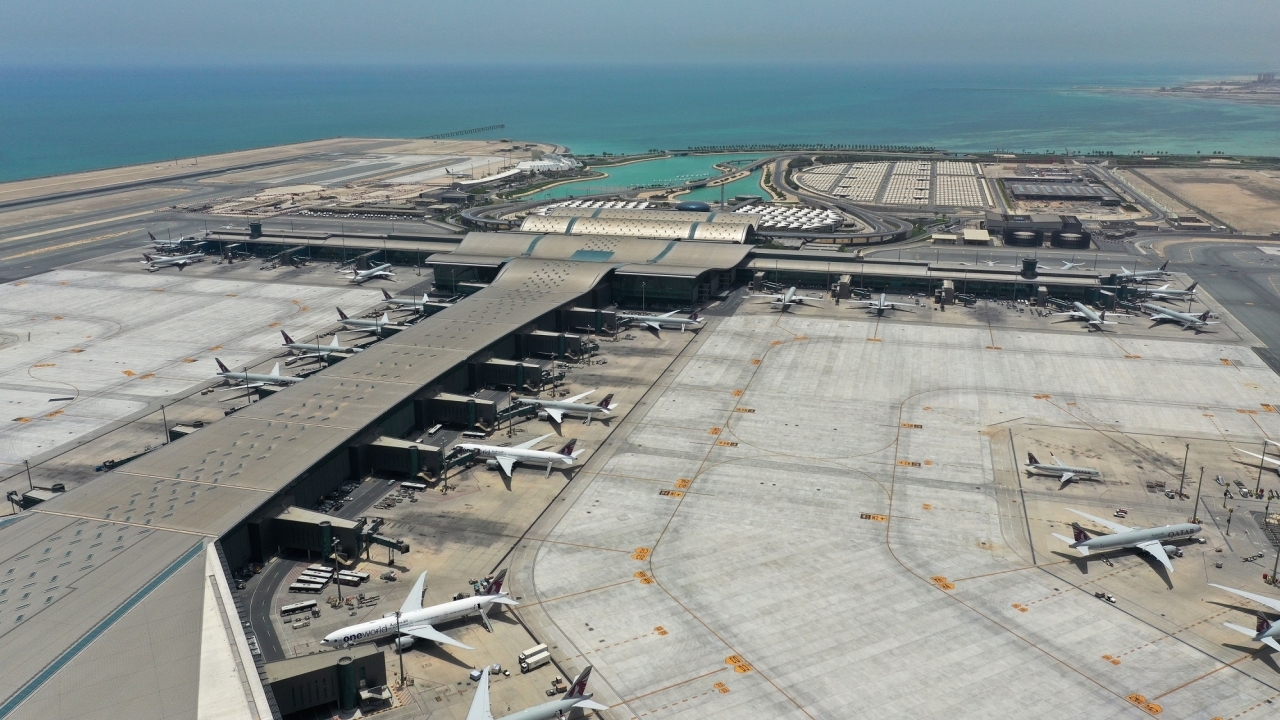NATS and ProSky sign deal to aid efficiency of air traffic systems

NATS CEO, Richard Deakin signed the agreement with Paul-Franck Bijou, Airbus ProSky CEO, at the Airbus ProSky yearly Symposium which was held this week in the UAE capital
The two companies will work together, combining NATS’ operational expertise in air traffic management with Airbus ProSky’s innovative solutions and deep knowledge of airborne capabilities, to develop joint propositions to address industry challenges.
Finding ways to improve airport resilience in adverse weather, including in low visibility, thunderstorms and high headwinds, is expected to be an early priority for collaboration as it represents an area where the joint expertise of both partners can be harnessed. Other cooperation areas include air traffic flow management and airspace design.
Deakin said: “Collaboration is absolutely key to our future growth and this has the potential to be one of the most exciting partnerships in the entire industry. By combining our relative strengths, I believe we can offer something new and exciting to customers all over the world.”
“Adverse weather is a major issue for our airline and airport customers. It is the single biggest cause of delay and together and we want to offer a package of solutions that could radically improve resilience.”
Bijou added: “This partnership will truly bring a new and unique approach to the industry. We are already actively working on some advanced concept of operations and we are looking forward to bringing new solutions to our customers worldwide.”
NATS already plans to introduce Time Based Separation at Heathrow Airport next year in a move that will halve delays due to high headwinds. Together with Airbus ProSky it now intends to target ways to improve capacity during low visibility.
That work is expected to centre on enhancements to airport technology and low visibility procedures, delivering solutions that can benefit airlines and airports around the world.
Richard Deakin and Paul Franck Bijou sign the Memorandum of Understanding.
Stay up to date
Subscribe to the free Times Aerospace newsletter and receive the latest content every week. We'll never share your email address.

